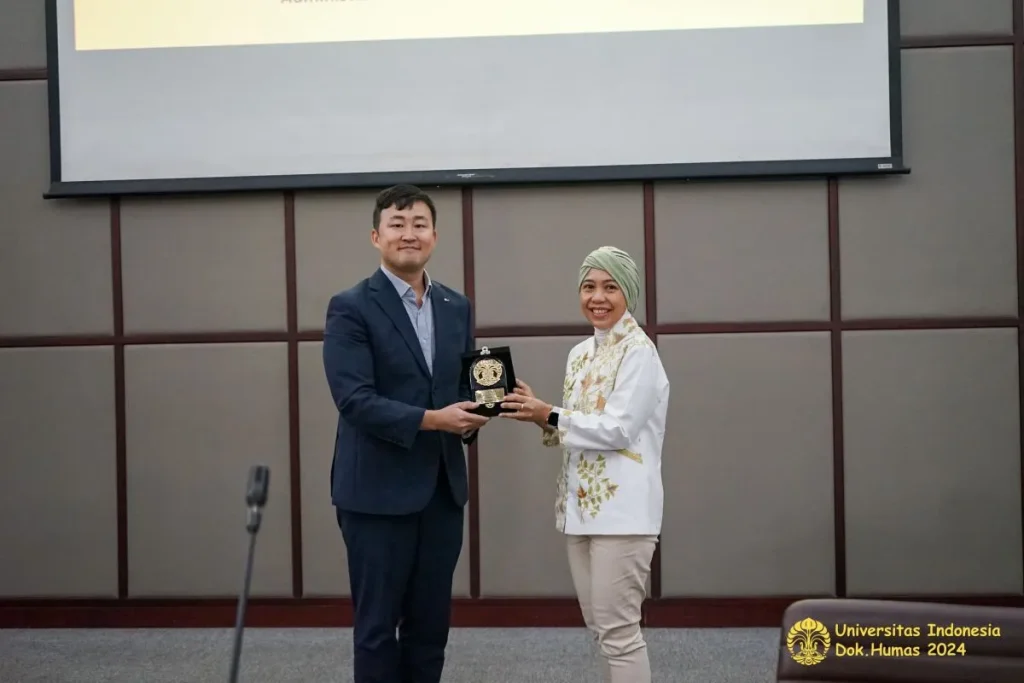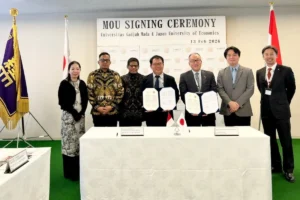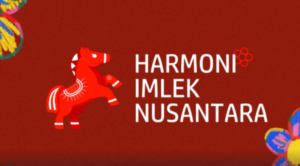UI Partners with Posco Group and Postech to Boost Technology Industry

Jakarta, The Gulf Observer: In a bid to advance technology industry capabilities and human resource management, the University of Indonesia (UI) has embarked on a collaborative venture with the Pohang Iron and Steel Company (Posco) Group and Pohang University of Science and Technology (Postech) from South Korea.
Discussions regarding potential cooperation were initiated during the visit of Donghyun Ko, the Industry, Academy, and Research Manager of Posco Holdings, to the UI Campus in Depok.
Baiduri Widanarko, Head of the International Affairs Office of UI, emphasized that the envisioned collaboration is geared towards fostering a brighter future for education and industry in both Indonesia and South Korea. Posco, renowned as the world’s fourth-largest steel producer with its headquarters situated in Pohang, South Korea, brings significant expertise and resources to the table.
Munawar Khalil, UI’s Research and Development Director, outlined the university’s pivotal role in managing internal research activities and facilitating collaborative research endeavors on national and international fronts. Collaboration in industrial research is poised to play a central role in this partnership.
Donghyun Ko underscored Posco’s interest in supporting research activities at Postech, a private university specializing in science and engineering. He highlighted Indonesia’s strategic importance as a partner and expressed Posco’s eagerness to leverage this collaboration to drive industrial development in Indonesia, particularly in technology and human resource management domains.
Through this collaboration, UI, Posco, and Postech aim to spearhead research and development initiatives in the industrial sector, aligning with the challenges and opportunities presented by the Industry 4.0 era. This concerted effort reflects a shared commitment to innovation and progress, ultimately contributing to the advancement of both nations’ technological landscapes and workforce capabilities.


